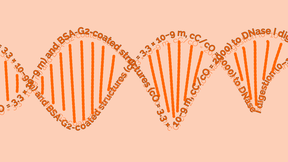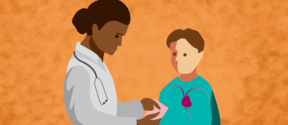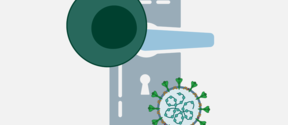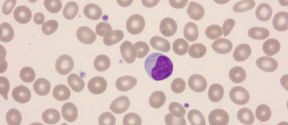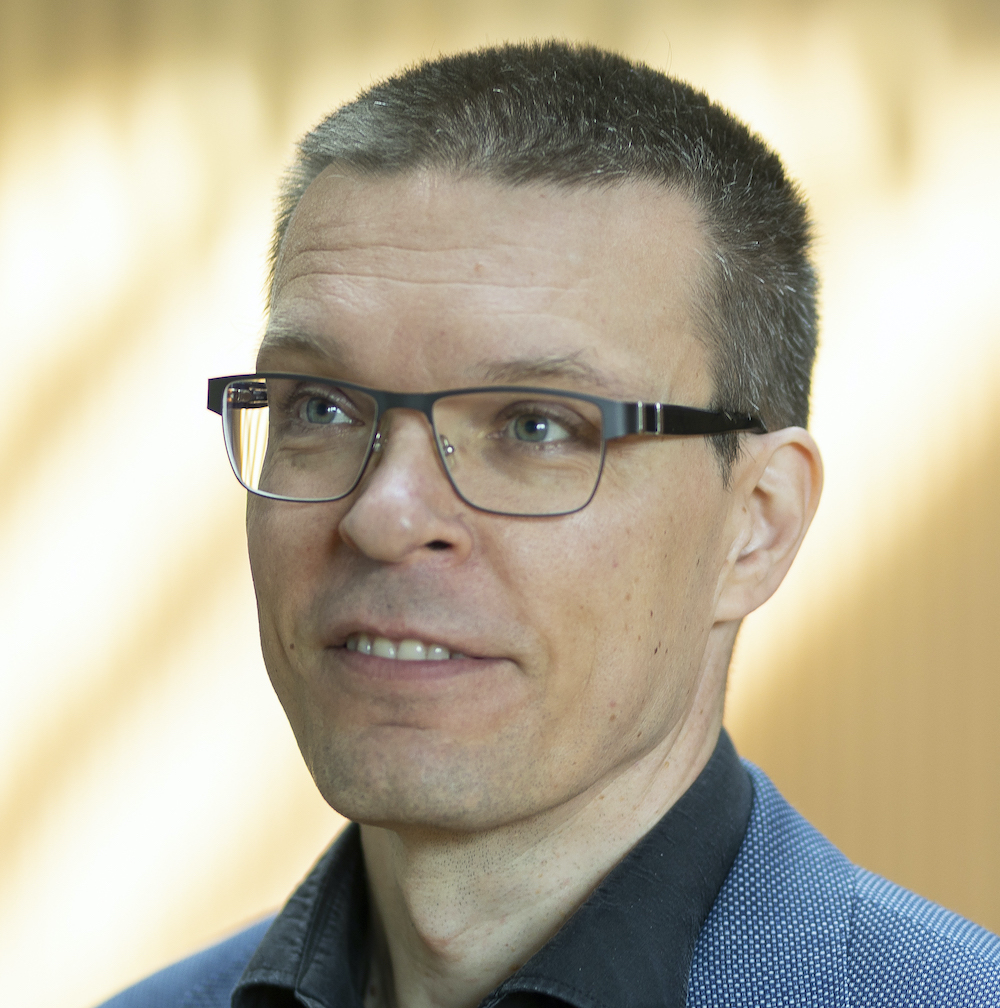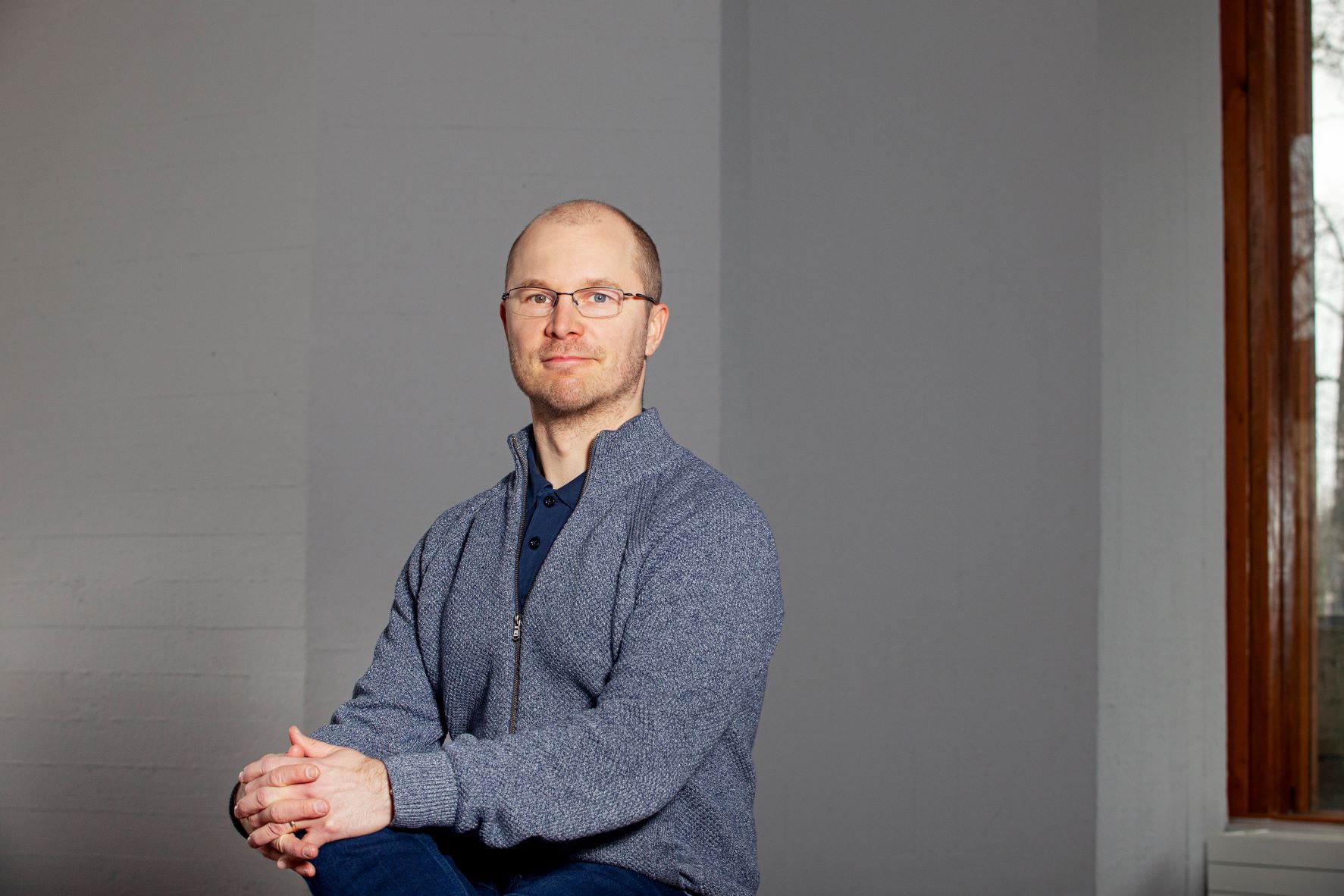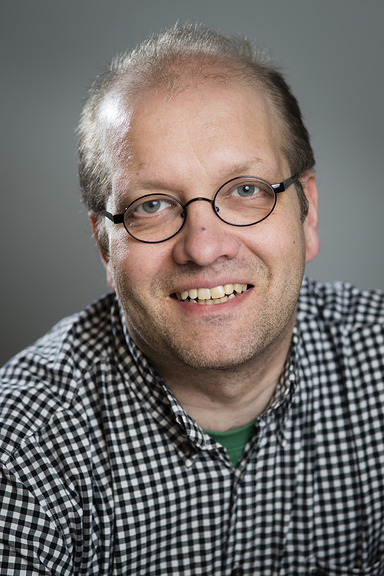The research area covers the multi-disciplinary activities on computational modelling, data analysis and design of biological systems. The field focuses on the development of original computational methods and their application in collaboration with leading national and international experts in different branches of life sciences.
The research area is linked to health-related research programmes in HIIT and FCAI, and Aalto key research areas of Health and Wellbeing as well as Materials and Sustainable Use of Natural Resources.
Research topics: bioinformatics, cheminformatics, complex systems, computational chemistry, computational immunology, computational metabolomics, computational systems biology, DNA nanotechnology, medical imaging, neuroinformatics, personalized medicine, pharmacoinformatics, statistical epidemology, synthetic biology.
